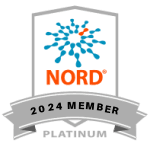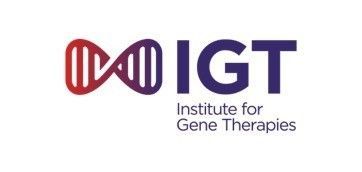Clinical Characteristics of Barth Syndrome
Functional exercise capacity, strength, balance and motion reaction time in Barth syndrome: Outcomes from the 2016 Barth Syndrome Foundation Scientific, Medical & Family Conference
Brittany DeCroes Hornby, PT, DPT, PCS, Kennedy Krieger Institute, Baltimore, MD
Barth syndrome: Natural history of cardiomyopathy and cardiac conduction
Carolyn Taylor, MD, Medical University of South Carolina, Charleston, SC
Characterization of the metabolic phenotype in individuals with Barth syndrome with and without cardiac transplantation
W. Todd Cade, PT, PhD, Washington University School of Medicine, St. Louis, MO
Summarized findings from the Barth registry interviews: Key points for moving forward
Anthony Aiudi, PharmD, Stealth Biotherapeutics, Newton, MA
2 Poster Presenters:
Poster Presentation 1
Increased anaerobic metabolism during exercise in Barth syndrome may result from augmented liver glycogenolysis
George G. Schweitzer, PhD, Washington University in St. Louis, School of Medicine, St. Louis, MO
Poster Presentation 2
An unexpected lack of regulation of superoxide/H2O2 production rates in isolated heart and skeletal muscle mitochondria from a mouse model of Barth syndrome
Renata Goncalves, PhD, Sabri Ülker Center and Department of Genetics & Complex Diseases and Harvard University T.H. Chan School of Public Health, Boston, MA
Females with Barth syndrome
Colin Steward, PhD, FRCP, FRCPCH, University of Bristol, United Kingdom













